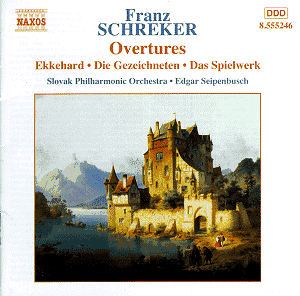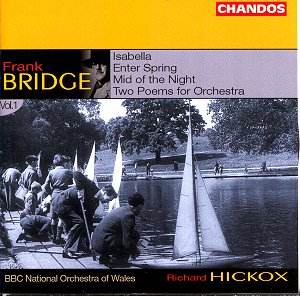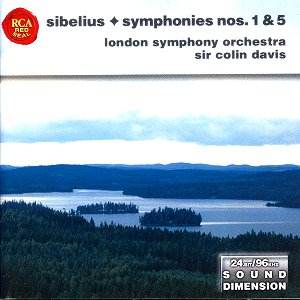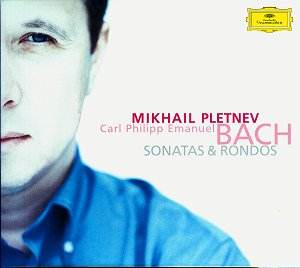 Composer: Franz Schreker
Composer: Franz Schreker
Works: Ekkehard Overture, Fantastic Overture, Interlude from Der Schatzgräber, Prelude to Die Gezeichneten, Prelude to Das Spielwerk
Performers: Slovak Philharmonic Orchestra/Edgar Seipenbusch
Recording: 16 Nov 1985 (Ekkehard & Fantastic Overtures), 24 July 1987 (remaining items), Concert Hall of the Slovak Philharmonic, Bratislava
Label: NAXOS
The music of Franz Schreker, an often overlooked figure in the pantheon of early 20th-century composers, bears witness to the lush romanticism that characterizes the era when he flourished alongside contemporaries such as Strauss, Schoenberg, and Mahler. Schreker’s oeuvre, rich in chromaticism and emotive depth, reveals an aesthetic that straddles the realms of late Romanticism and the burgeoning modernist impulses of his time. The current release offers a sampling of his early orchestral works, including the Ekkehard Overture and Fantastic Overture, both of which date back to the composer’s formative years. While these pieces provide insight into Schreker’s stylistic evolution, they inevitably fall short of the more mature expressions found in his later operatic works.
The performances, conducted by Edgar Seipenbusch, feature the Slovak Philharmonic Orchestra, who display a commendable commitment to the material. However, the interpretive choices often lack the necessary dynamism to elevate these works to their full potential. The Ekkehard Overture and Fantastic Overture, while demonstrating Schreker’s penchant for sweeping melodies and rich orchestration, come across as somewhat conventional. These early compositions do not possess the cutting edge that would define his later pieces, leading to a somewhat tepid listening experience. In the Prelude to Die Gezeichneten, Schreker’s ability to conjure atmosphere through orchestral color emerges more clearly, yet even here, the performance feels restrained. The shimmering string tremolandi and arching melodic lines, which should evoke the tragic narrative of the opera, lack the requisite intensity, resulting in a soundscape that feels flat and uninspired.
Technical aspects of the performance and recording quality further complicate the listening experience. The orchestral execution, while competent, does not exhibit the vibrancy or tonal clarity that would be expected of Schreker’s richly textured scores. The overall sound quality is, regrettably, rather dull and opaque, which undermines the lush orchestral fabric that Schreker meticulously weaves. The engineering does not do justice to the subtleties of the score, leaving the climaxes feeling underwhelming. Comparatively, recordings of Schreker’s works by orchestras such as the Berlin Philharmonic or under the baton of conductors like Michael Boder reveal a more vivid interpretation that captures the emotional heft and sonic richness of his music.
Assessment of this disc inevitably leads to a recognition that while it serves as an entry point into Schreker’s world, it does not significantly advance his cause. The interpretation lacks the fervor that could illuminate the emotional depths of the compositions, and the recording quality fails to bring the music to life in a compelling manner. Schreker’s works deserve more than a lukewarm presentation; they call for performances that resonate with the intensity and color of his visionary sound world. As such, this release, while historically interesting, ultimately does not fulfill the promise of its composer’s substantial talent.



